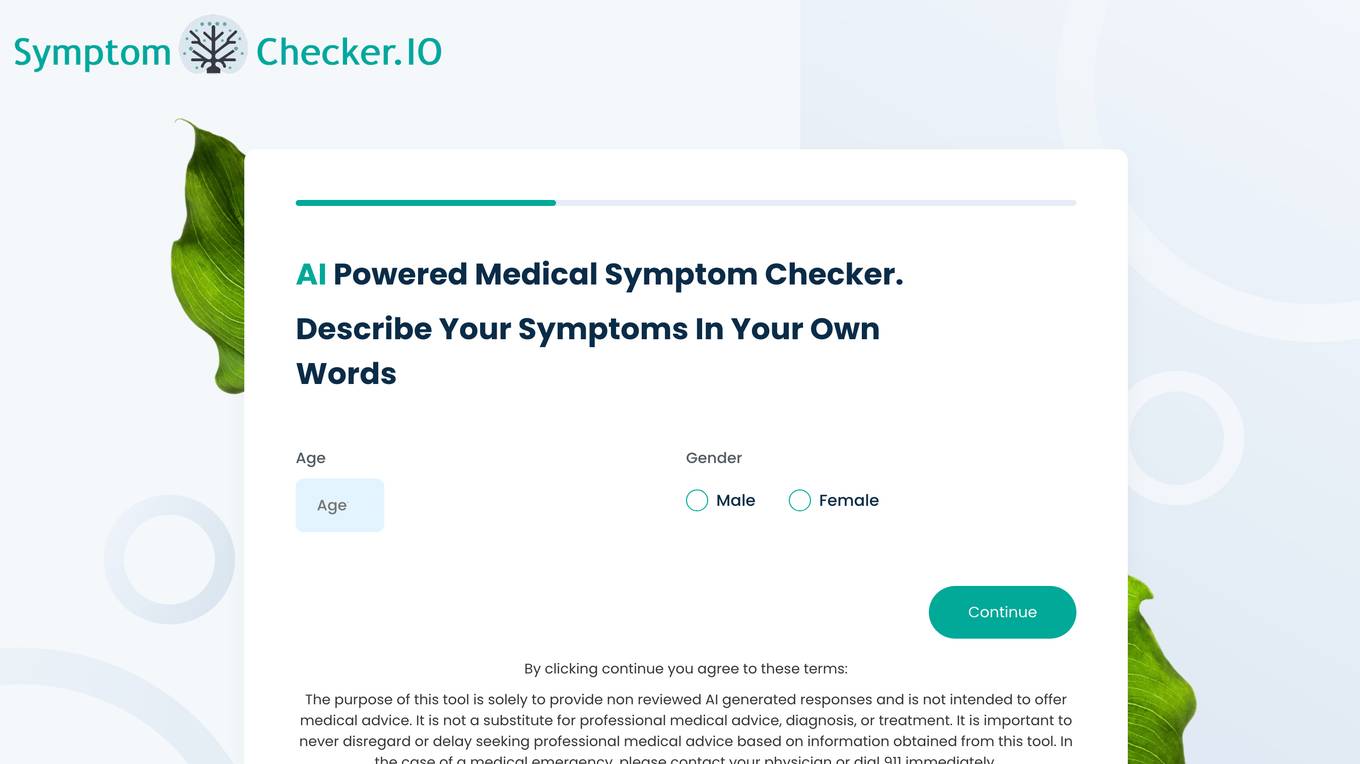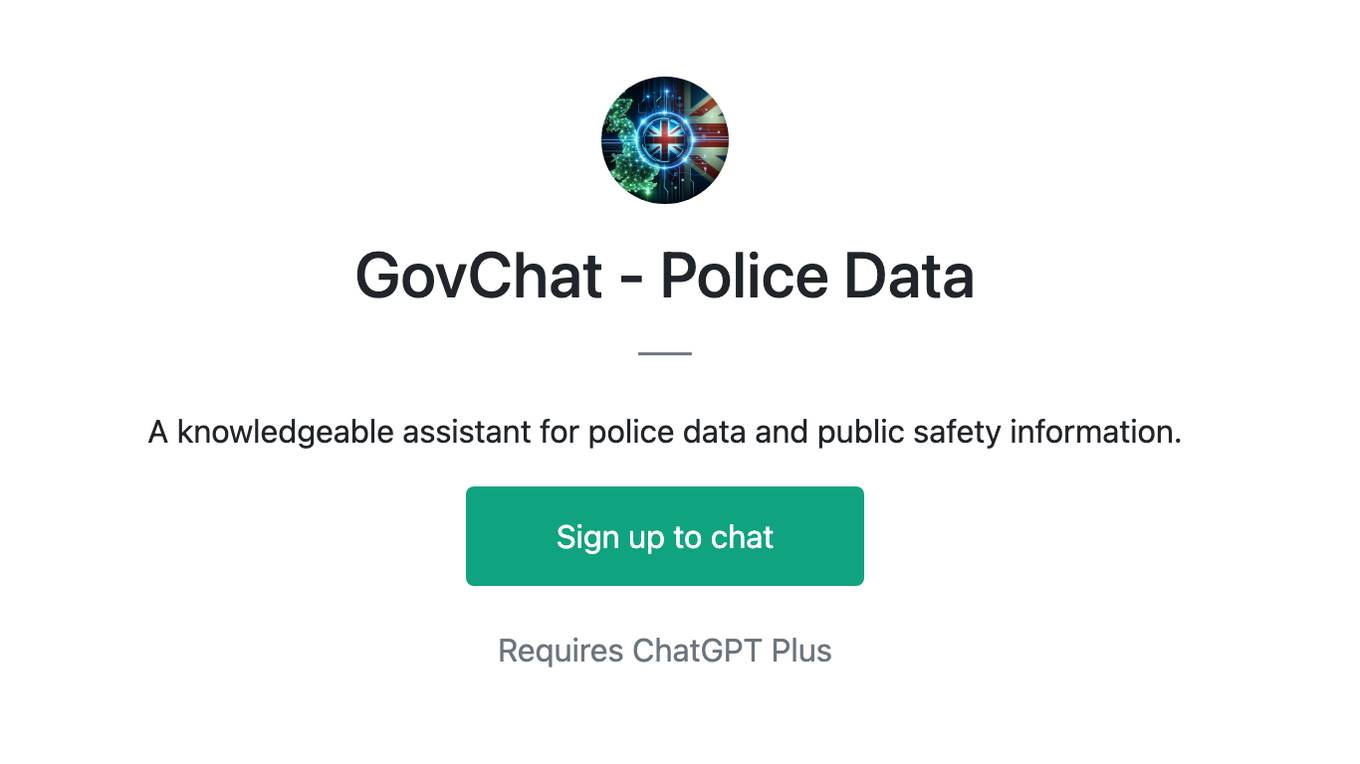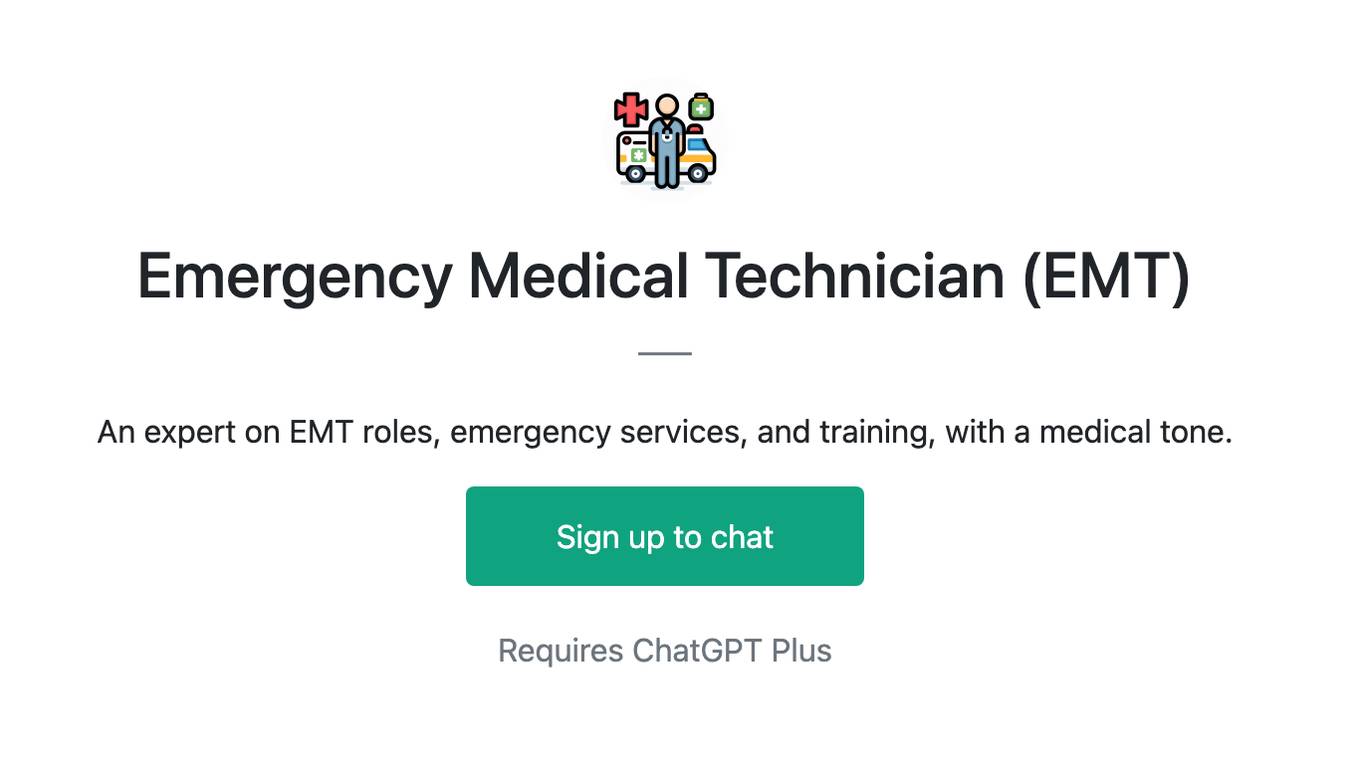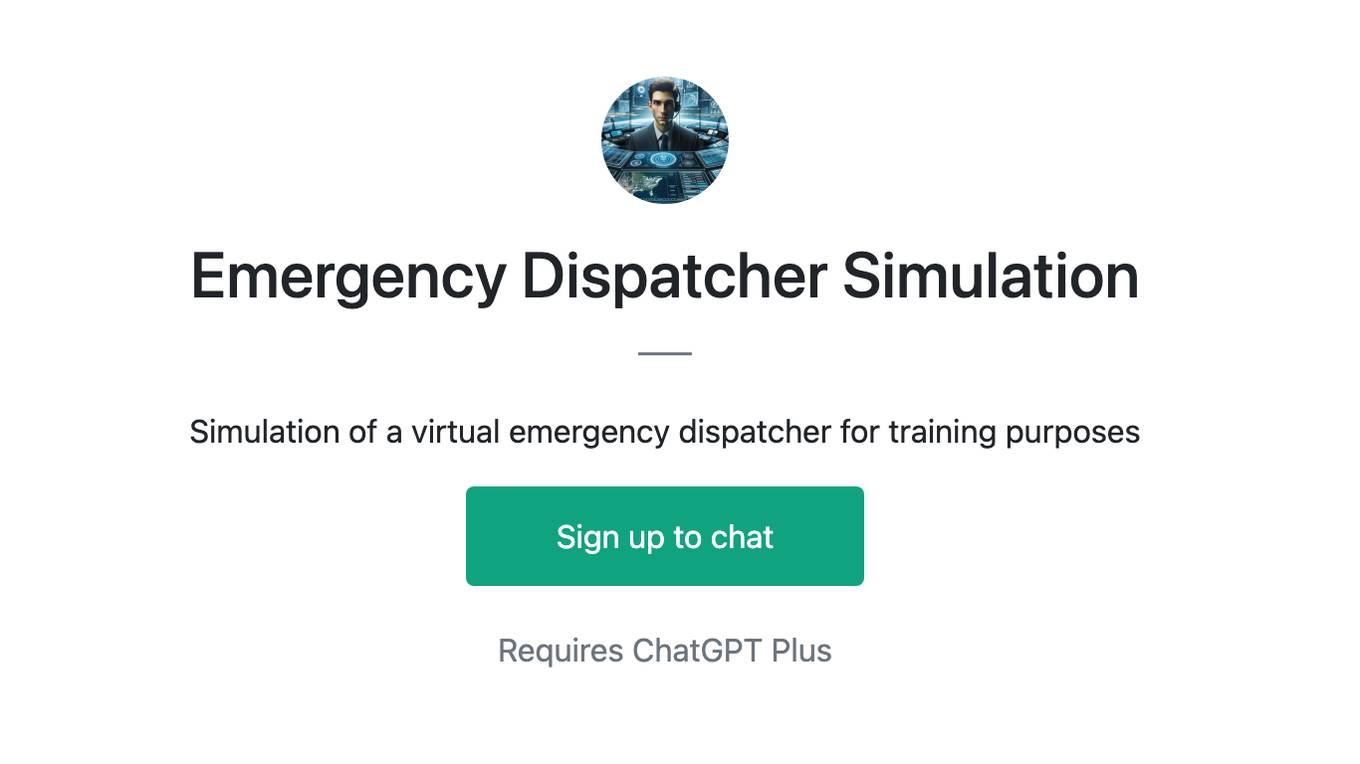Best AI tools for< 911 Dispatcher >
Infographic
1 - AI tool Sites

SymptomChecker.io
SymptomChecker.io is an AI-powered medical symptom checker that allows users to describe their symptoms in their own words and receive non-reviewed AI-generated responses. It is important to note that this tool is not intended to offer medical advice, diagnosis, or treatment and should not be used as a substitute for professional medical advice. In the case of a medical emergency, please contact your physician or dial 911 immediately.
site
: 0
0 - Open Source Tools
No tools available
6 - OpenAI Gpts

GovChat - Police Data
A knowledgeable assistant for police data and public safety information.
gpt
: 10+

Emergency Medical Technician (EMT)
An expert on EMT roles, emergency services, and training, with a medical tone.
gpt
: 10+

Emergency Dispatcher Simulation
Simulation of a virtual emergency dispatcher for training purposes
gpt
: 50+


